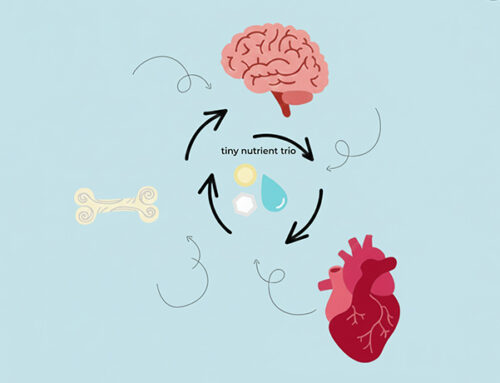A well-balanced gut ecosystem is crucial for overall well-being, especially in combating chronic inflammation. This article delves into the benefits of maintaining a healthy microbiome and the interplay between inflammation and gut health.
Understanding the Importance of a Healthy Microbiome
The gut is home to trillions of microorganisms that play pivotal roles in our health. The microbiome is deeply integrated into various bodily functions, from the digestive system to immunity.
The Composition of the Microbiome
Our gut houses a vast array of bacteria, yeast, and viruses, collectively called the microbiome. While some bacteria are beneficial, others can be harmful. Achieving the right balance is paramount for optimal health.
Role of Microbiome in Immune System
The human gut microbiome directly impacts our immune system. Good bacteria build immune resilience, while an imbalance can trigger inflammation and disease.
Chronic Inflammation and Gut Health
Chronic inflammation is often linked to an imbalanced microbiome. A disturbed gut can exacerbate inflammation, paving the way for numerous diseases.
Inflammation: The Silent Enemy
At its core, inflammation is the body’s response to injury or harm. However, persistent inflammation can lead to many diseases, from obesity to cancer.
The Interplay between Gut Flora and Inflammation
An imbalanced gut, often due to an overgrowth of bad bacteria, can produce toxins. These toxins can irritate the mucus lining of the intestines, triggering inflammation.
Nurturing the Microbiome for Better Health
Promoting a thriving gut ecosystem is imperative to ward off inflammation. Combining diet, probiotics intake, and lifestyle choices can foster a healthy microbiome.
Probiotics and Prebiotics: Boosting the Good Bacteria
Introducing probiotics, live beneficial bacteria, and prebiotics, their food source, can bolster gut health. They support the growth and maintenance of healthy gut bacteria.
Diet: Key to Microbiome Diversity
A balanced diet rich in fiber, vegetables, and grains promotes microbiome diversity. Conversely, diets high in sugars and processed foods can disrupt the gut’s harmony.
Avoiding Antibiotics Overuse
While antibiotics are essential for certain conditions, overuse can wipe out the good bacteria. It’s vital to use them judiciously and replenish the gut flora post-treatment.
How does aging increase the chances of chronic inflammation?
Aging is a regular part of life that is experienced along with its notable side effects. A hallmark feature of aging is the onset of chronic inflammation. Chronic inflammation is often considered “the secret killer.”

The exact mechanisms that caused the slow but ever-increasing amounts of inflammation were unknown to the scientific world for years. However, recent research suggests that the microbiome may significantly contribute to age-related inflammation.
The study found that increased use of antibiotics and high amounts of sugar and fat in the Western diet depletes key components of the microbiome. Disruption of the microbiota leads to long-term activation of the immune system. It is also speculated that changes in the microbiome can increase the permeability of the intestine, leading to a leaky gut, a primary source of inflammation. This continuous immune system activation contributes to a “dramatic rise in the prevalence of chronic inflammatory disorders.”
Treatment of Chronic Inflammation
Treatment for chronic inflammation is a promising strategy for treating almost every age-related disorder, and increasing amounts of evidence indicate that chronic inflammation may be reduced through healthy microbiome management.
Currently, two possible methods of treating the microbiome are physical exercise and dietary supplementation with probiotics. This will contribute to a more healthy aging process and prevention of many age-related diseases such as arthritis and atherosclerosis. Although more research should always be done in the future, the role of the microbiome in leading a healthier, longer life has become prevalent.
Is the gut solely responsible for inflammation?
While the gut plays a significant role, other factors like genetics, lifestyle, and environmental triggers also contribute to inflammation.
Are all bacteria in the gut bad?
No, the gut contains both good (beneficial) and bad (pathogenic) bacteria. The balance between them determines gut health.
What are some sources of probiotics?
Probiotics are found in fermented foods like yogurt, kefir, kimchi, sauerkraut, and certain supplements.
Buford, T. W. (2017). (Dis)Trust your gut: the gut microbiome in age-related inflammation, health, and disease. Microbiome, 5, 80. http://doi.org/10.1186/s40168-017-0296-0




